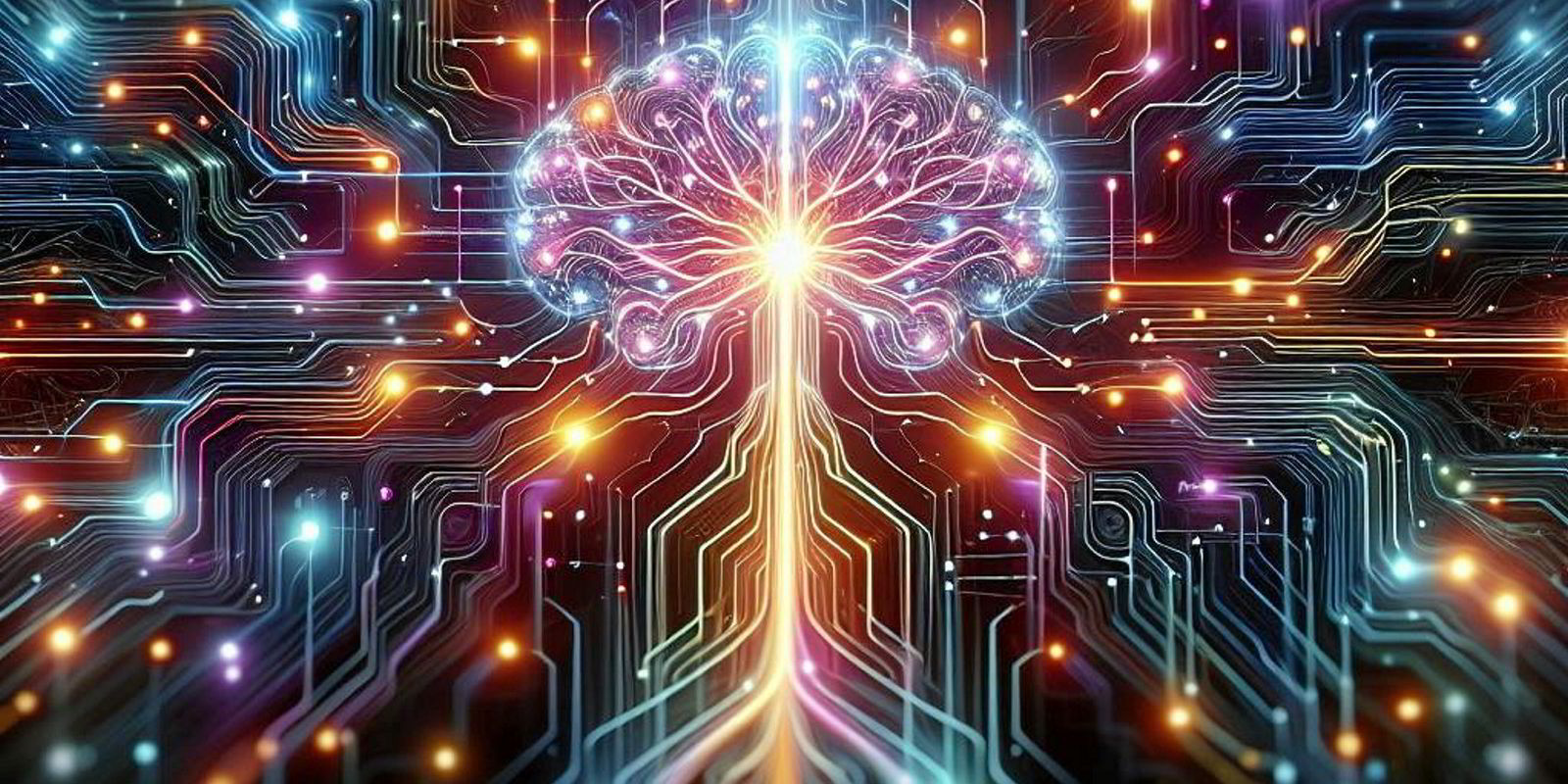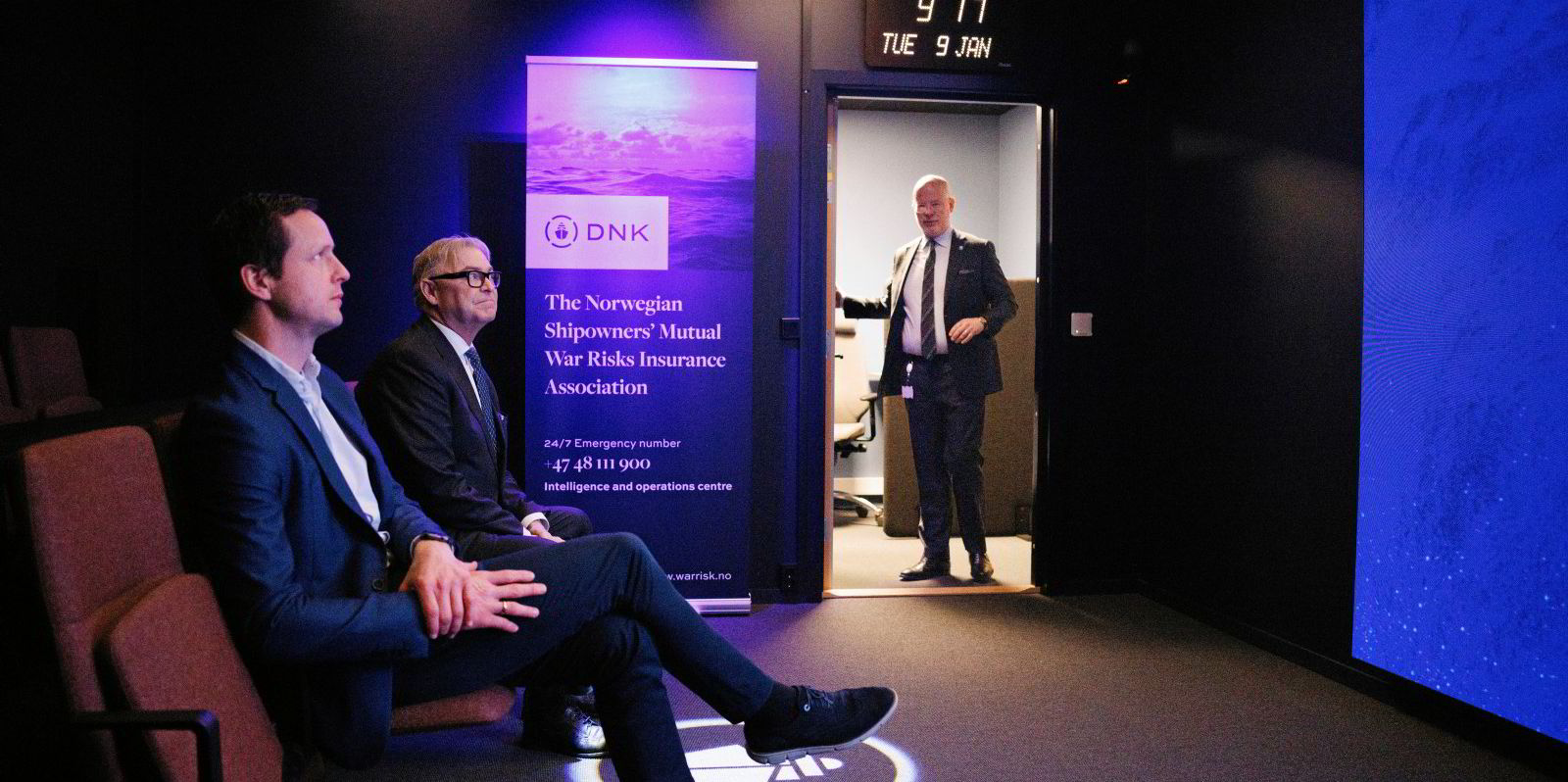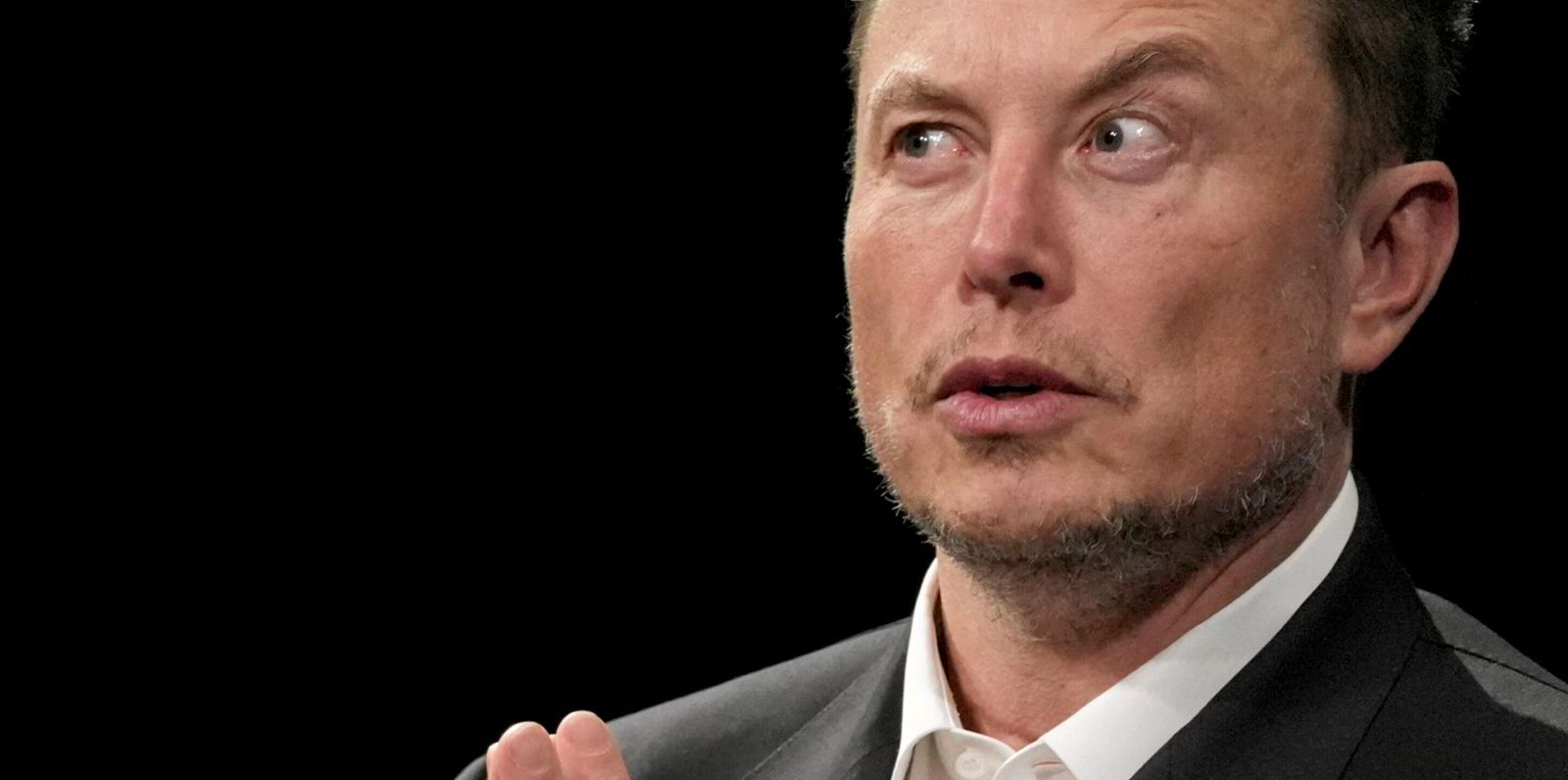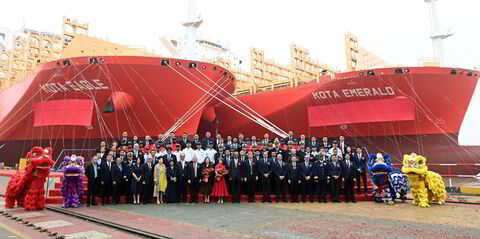Not all AI is intelligent but it is a growing market nonetheless.
Marco Cristoforo Camporeale, senior director at satellite firm Inmarsat, believes not all software products being sold into shipping as AI are AI.
“AI is not always intelligent,” he told TradeWinds, suggesting shipping companies should be cautious about what he sees as a new digital hype.
Being at the forefront of the satellite service providers’ digital developments, he sees a lot of products being developed for shipping and requiring different levels of connectivity, and while he said there have been huge advances in what the software of today can do, there is still a tendency to oversimplify digital conversations.
His comments echo others who think shipping needs to distinguish what digital tools they talk about. The words digitalisation and even AI describe how a process is performed, these terms do not refer to the function.

To that extent, Camporeale agrees that there are several true AI solutions for shipping, a market which UK maritime research house Thetius suggests is now worth £2.8bn ($3.5bn), growing to £7.1bn by 2029. Thetius is developing its own AI tools for its research of the maritime software markets.
Nick Chubb, chief executive and founder of Thetius, highlights the rising prominence of open AI. He suggests that as this technology becomes more accessible, companies may find it economically impractical to develop custom AI software. Instead, they can use off-the-shelf solutions tailored to their specific requirements, similar to how webpage development no longer necessitates coding skills.
Sensor fusion advances
Inmarsat’s Camporeale may believe that there is hype and buzz about AI, but he recognises the advances in what he calls onboard sensor fusion.
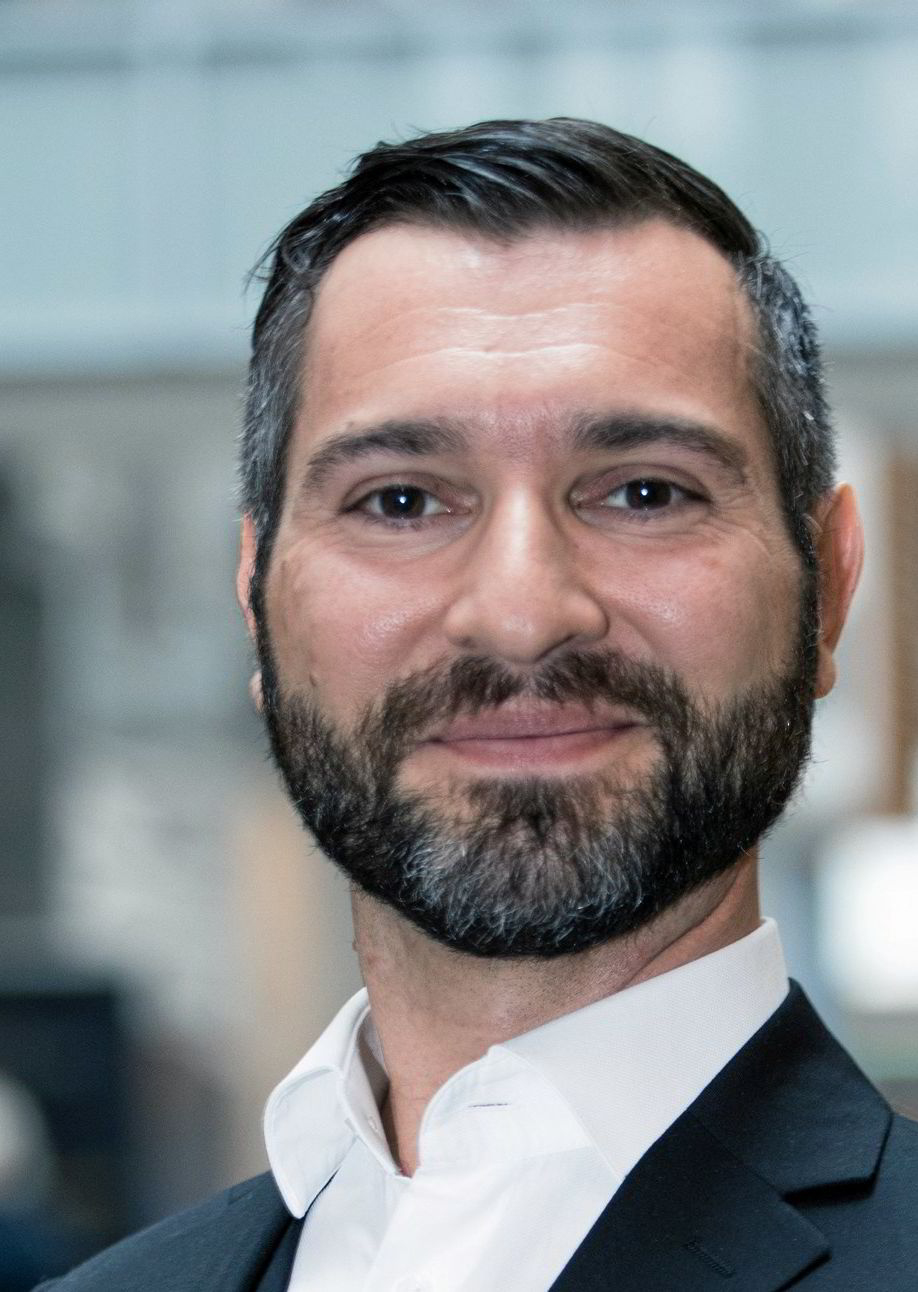
It is something Navtor is also looking at with its involvement in the Green AI for Sustainable Shipping project, or GASS — which is supported by Norway’s Green Platform scheme — where AI and sensor source data sit both on the edge and not in the cloud, in other words, the AI is an onboard tool, in the same way, a computer programme to analyse sensor data is but may have additional machine learning capabilities.
“AI is the application while the machine learning is the system update,” said Navtor’s chief technology officer Anders Holm, when asked how to differentiate the two concepts.
The GASS project is looking at multiple AI systems in a single project where the tools are located either on board or in the cloud to enable continual improvements to a vessel and its digital twin.
